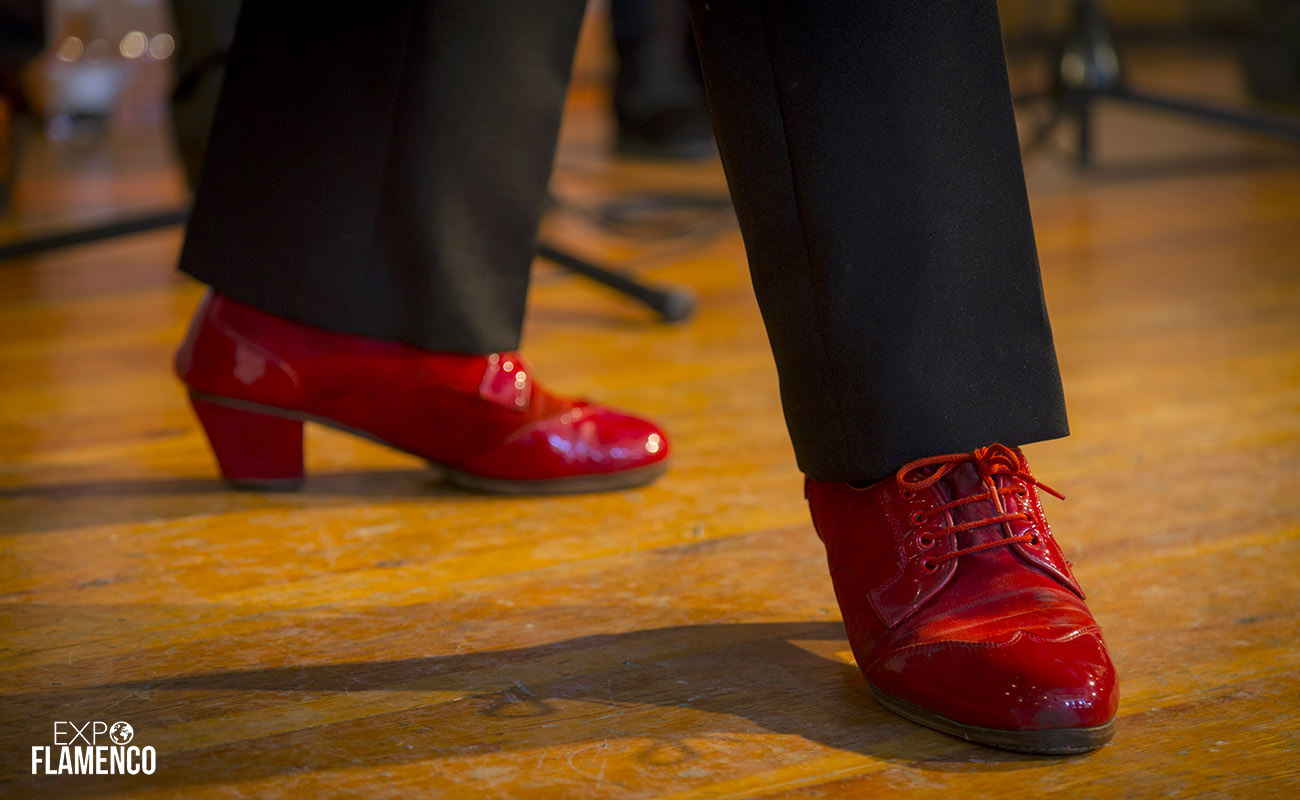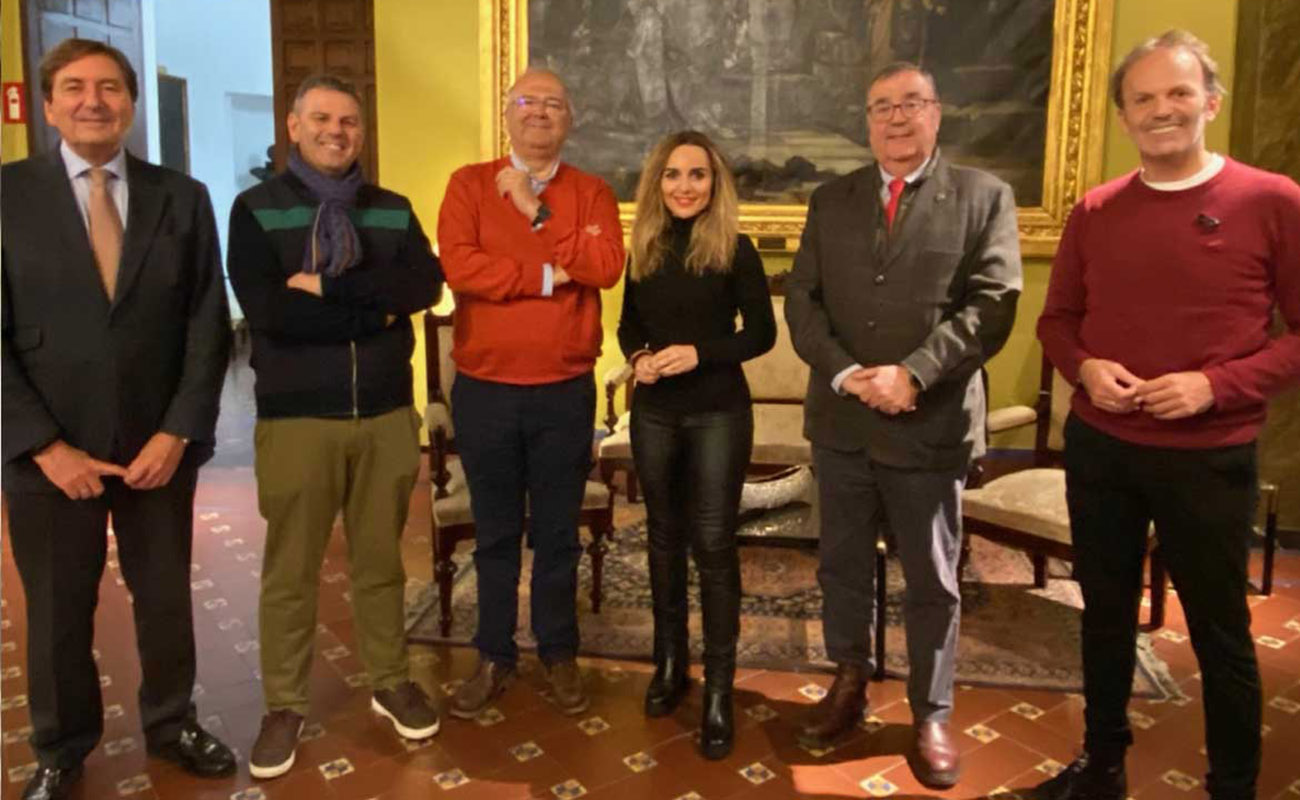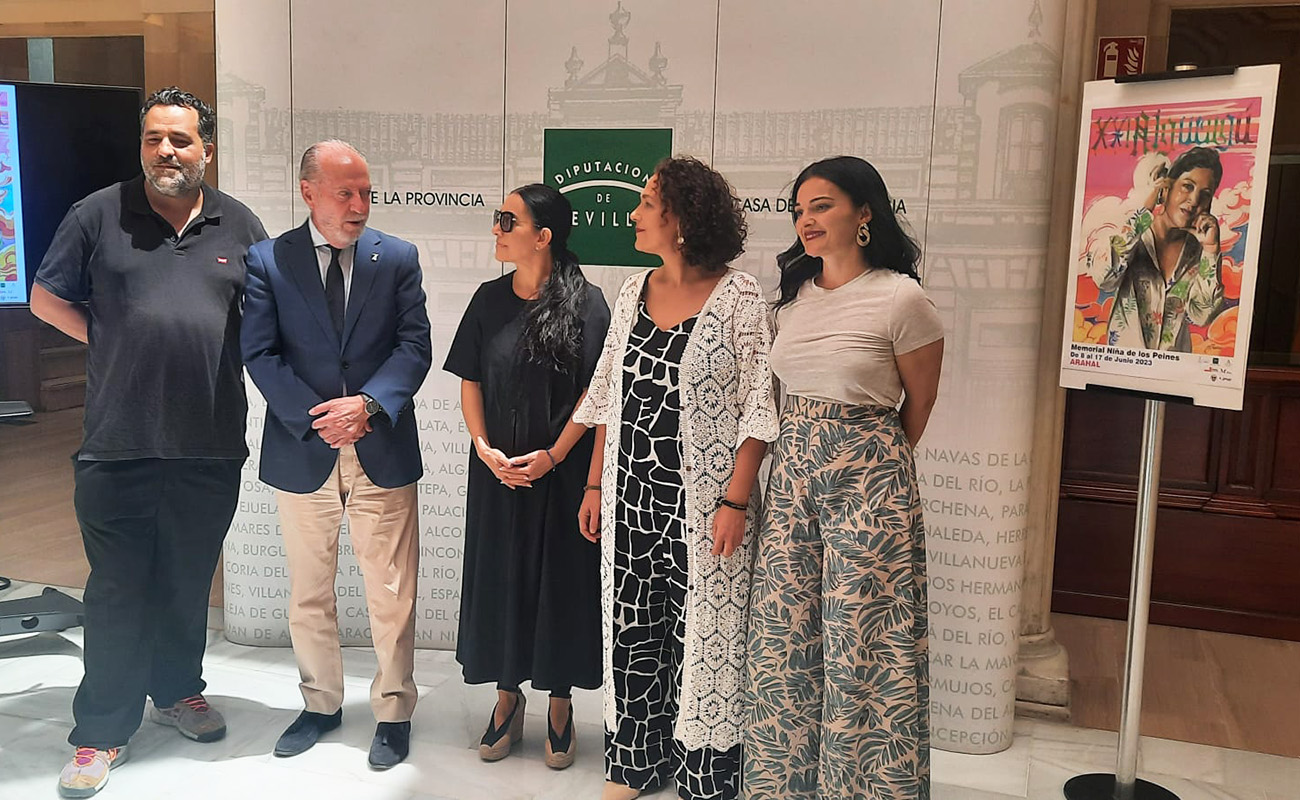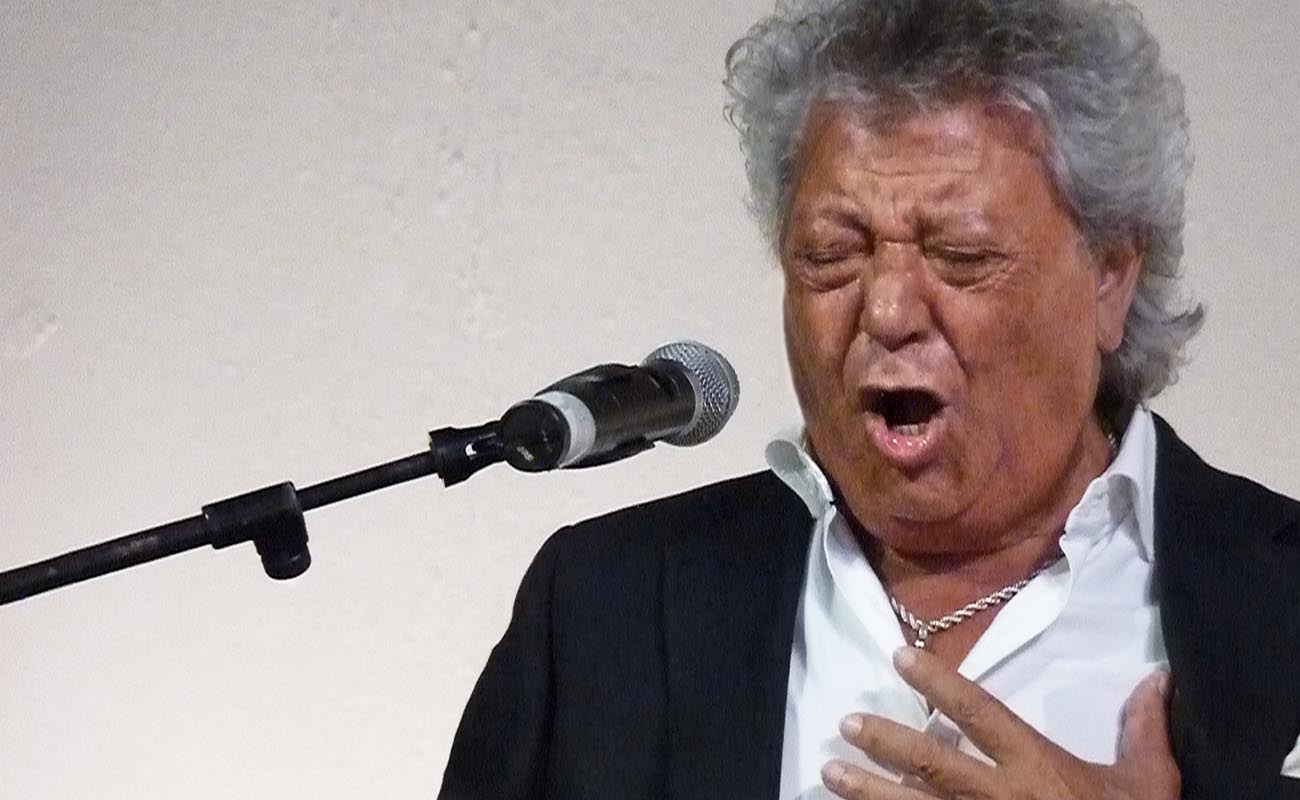10th anniversary of UNESCO’s designation of Flamenco as Intangible Cultural Heritage (2): testimonials
Second part of our report about the 10th anniversary of UNESCO’s designation of Flamenco as Intangible Cultural Heritage. This time, we publish several testimonials by artists, journalists and aficionados.
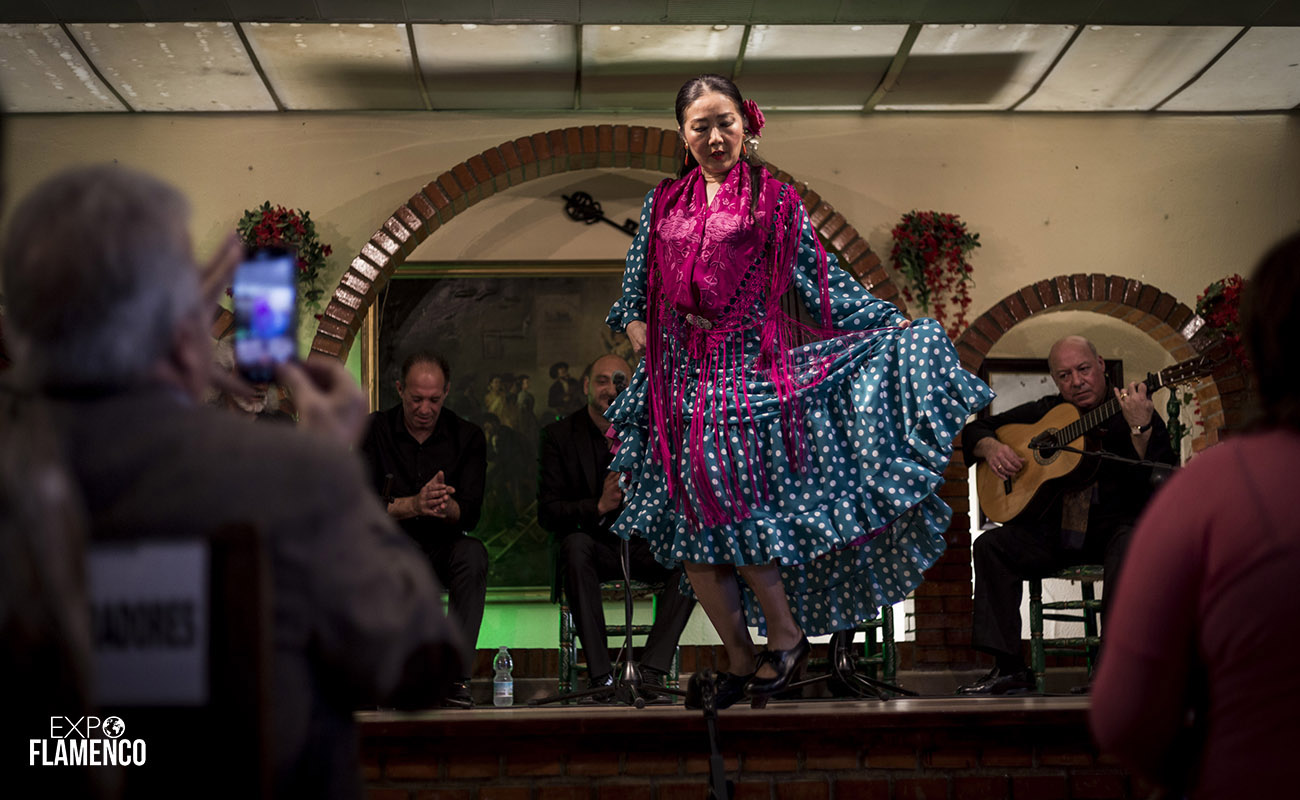
Manuela Carrasco (bailaora)
The Declaration has promoted the creation of international flamenco festivals, I mean, private initiatives by people for whom flamenco is more a business opportunity than an art form. Generally speaking, those [flamenco artists] who get work are the ones who belong or are sympathetic to this business monopoly. Most of us, Gypsy artists, are outside these circuits and there are still great flamenco stars, most of them Gypsy, who have fallen into oblivion. My understanding is that, since then, less than one third of [flamenco] performances are by Gypsy [artists].
Manuel Martín Martín (journalist, El Mundo flamenco critic)
At the time, with the headline “A few win, most lose”, I wrote this in El Mundo newspaper: “We gain nothing with UNESCO’s support, not even the ability to audit the atrocities of the Agency for the (Under)Development of Flamenco, which hinders the industry’s creative fabric, excludes dissenting voices, practices nepotism, promotes cronyism and disregards worthy art, giving higher value to what provides higher electoral dividends by those loyal to the party”. And I say today: In 2010 flamenco was PSOE’s scam, and in 2020 it continues to be Andalusia’s hope.
Adela Campallo (bailaora)
I thought it was great that flamenco was awarded such global accolade. It deserved it as much as any other cultural or art form. Benefits? There are many opportunists who benefit from flamenco. Frankly, the Declaration has not benefited me or many other artists. Life is all about opportunism. The kind of flamenco I like is the one I feel, not the one that is being sold with such label. Many old artists worked hard for this, without knowing that flamenco would come this far. Flamenco was already mankind’s Heritage with Paco de Lucía.
«Flamenco is the richest musical genre of all. It is inhabited by love, sorrow, joy, cante, toque and baile. It is a link with the universe that very few people are able to comprehend. Whoever connects with it also connects with God. It is the voice of the people, who sing piercing our souls. We deserve respect» (Ezequiel Benítez)
Emilio Jiménez Díaz (flamencologist from Triana)
This recognition by UNESCO awarded on November 16th, 2010 in Nairobi, Kenya’s capital, was unnecessary, because this art form, unique and ethnically Andalusian, was already Intangible Cultural Heritage ever since the first Ay! was uttered by a sorrowful Andalusian. Let’s then take this accolade — oddly squandered by the Andalusian politicians — for what it is: the recognition of a musical genre, a veritable hodgepodge capable of moving us even if we are unable to understand its language, but never as the seal of officialdom that is far removed from an anarchic art form that has slowly been forged from old Andalusian folklore. Flamenco has always been mankind’s Intangible Cultural Heritage because it’s an art form of torrents and trickles, of strange mixtures and necessary alloys — thus the importance of the Gypsy people in its development — which bloomed thanks to having gone through the sieve and melting pot of a land like Andalusia, the only one capable of creating a miracle of such innate musical characteristics, admired by all peoples and by all musicians of five continents.
Estela Zatania (flamenco journalist, New Yorker in Jerez, artists)
The importance of declaring flamenco as Intangible Cultural Heritage can only be valued considering the expectations of each individual or area. In this respect, many artists wrongly believed that they would be showered with contracts and subsidies, which has not been the case. I don’t like referring to flamenco as a “brand”, but in this case this is what it’s all about. Just like Coca-Cola spends a fortune in advertising, even if it is a world-renowned brand, flamenco likewise has had its image reinforced and ratified on a global scale thanks to this purely honorific recognition.
Pepe Esquivel (president of Peña Flamenca Paco Mazaco in Coria del Río)
I conceive the declaration of flamenco as Intangible Cultural Heritage as an opportunity to position it on the highest level in the international stage, so that it is known and recognized. And also [as an opportunity] for our public institutions to give a determined step towards its protection, promotion and preservation. Yet, ten years have passed, and nothing has changed. The media, particularly the private media companies, do not consider flamenco to be a profitable feature in their programming, what is understandable. [Flamenco] programs broadcast in public radio and TV are not just insufficient, but they also “punish” aficionados with their bad quality and the ungodly hours they are aired. Flamenco is absent from schools. The peñas flamencas are left to their own devices and the are no norms regulating their activities. There are no safeguards: anyone can call Flamenco whatever they want and there are no consequences.
Carmen Arjona (journalist, doctor of flamenco)
Flamenco, that wonderful musical genre that beats to the rhythm of Time. Ten years ago, it was declared by UNESCO as Intangible Cultural Heritage. I supported that nomination to, so it gave me great joy. Finally, flamenco would have its place among all other musical genres. It would have the prestige that so many times had been taken away, questioned, humiliated. With such declaration, theaters and producers from all over the world would not think twice before including it in their programs. And when I say “world”, I am also including Spain and Andalusia. It had become officially global, heritage of all mankind. Was it possible that, at last, flamenco had earned the respect it had been denied for so long? The declaration is recognition, value, protection, prestige, dignity, respect, standing, excellence, esteem, belonging, humanity, Culture, continuity, wealth. The conviction that, in fact, Flamenco and its heritage belong to all humanity!
Ezequiel Benítez (cantaor)
This tenth anniversary of flamenco as Mankind’s heritage is just a reminder for the people who do not follow flamenco. A reminder of how great and universal our culture is. From the moment of that declaration, there have been no improvements. Thus, for flamenco the November 16th date is just another day, a circle in the calendar. There is still that emptiness, that neglect that flamenco and its artists have always had. For its improvement, there should be a control of the funding, a better care for the older artists and a presence in schools, because there is where our culture is born and safeguarded. And our artists should not be left abandoned during difficult times. Flamenco is the richest musical genre of all, for its melodies, its rhythms, and the mixture of so many cultures. Flamenco is inhabited by love, sorrow, joy, cante, toque and baile. It is the musical genre that represents Spain. It is a link with the universe that very few are able to comprehend. It is full of melismas, but whoever connects with it also connects with God. It is the voice of the people, who sing piercing our souls. We deserve respect.
La Truco (bailaora from Madrid, world-renowned flamenco teacher)
Flamenco has always been well regarded overseas, regardless of the Heritage declaration. It earned the place it deserved. Yet, as a flamenco teacher working all over the world, I have not noticed any difference before and after [the Declaration]. Here in Spain, [flamenco] is not appreciated as firm representative of our culture, our art. Outside Spain, people adore flamenco: they fill theaters and [flamenco] schools… I myself was given the Key to the city of Mendoza, in Argentina, for having brought flamenco there. Here [in Spain] I have never been given anything. My bailaor friend has been awarded the Medal of the Arts in Washington, DC, and was received by the local authorities. People have better recognition.
«The declaration is recognition, value, protection, prestige, dignity, respect, standing, excellence, esteem, belonging, humanity, Culture, continuity, wealth. The conviction that, in fact, Flamenco and its heritage belong to all humanity» (Carmen Arjona)
Juan Ramón Caro (flamenco guitarist)
After ten years of such honor being bestowed upon flamenco, there is still a long way to go. The saddest part is that our own country is the one that is still pending to give flamenco and its artists the respect they deserve. As an example, there is the TV program Lazos de Sangre about paco de Lucía [broadcasted by Spain’s RCTVE channel in September]. It was sad to see the frivolous portrayal of his private life, omitting his great artistic career and all that he contributed to Flamenco.
Pedro Calleja (producer, director of the documentary about Niña de los Peines)
I think that the declaration of flamenco as Intangible Cultural Heritage did not change much the existing perception of flamenco, both in and outside Spain. Overseas, it continues to be regarded as an authentic musical genre, well respected and appreciated for the oddity of its creation: an artistic expression born of a marginalized, mistreated, “uncultured” people, that is performed in the most important stages of the world, without the need to be studied in any school. Within our [Spain’s] frontiers, the outlook has not really changed. Flamenco is kept alive thanks to its usual promoters: the artists, the peñas and knowledgeable aficionados in general. The authorities in charge here, the ones who ought to set the foundations for its protection and promotion, speak nicely about flamenco, but when it counts, they turn their backs on it. This has always happened, and I don’t think this will ever change. Although flamenco did not need this Declaration, it gave it the place it deserved, at the same level of other musical genres such as blues and jazz. Before [the Declaration], Manolo Sanlúcar, Paco de Lucía and Camarón had already made it mankind’s heritage
Jesús Méndez (cantaor)
I see it more as a symbol of protection. Everything on the plus side is welcome. I really do not know if it has benefited me, but I am positive it did. It is like confirming something that was already accepted as a fact: [flamenco] is a musical genre admired, loved and valued all over the world.
Top Image: Japanese bailaora Harumi Hata in the tribute show honoring Gómez (Peña Los Cernícalos, Jerez, Feb 2020). Photo: Guido Bartolotta
* To be continued


